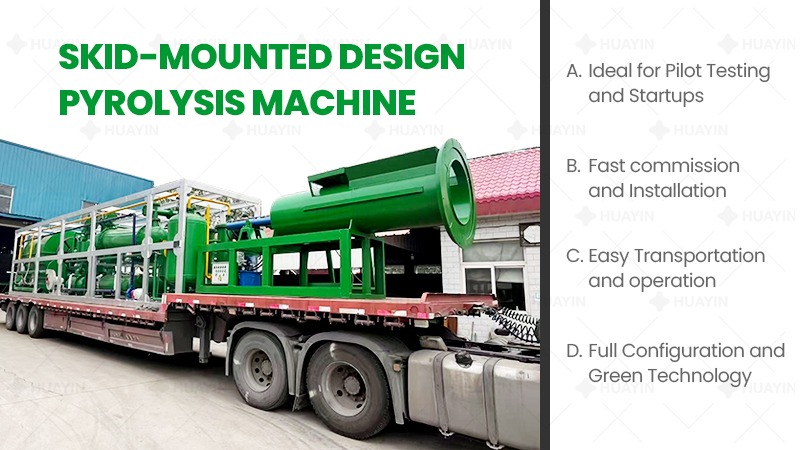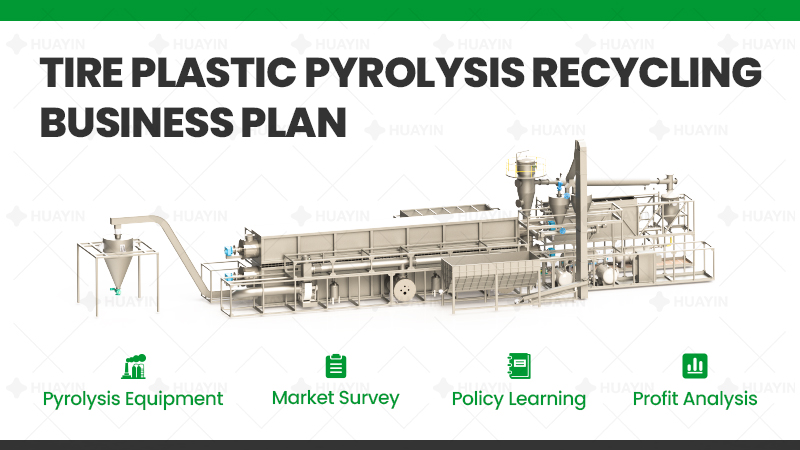
Pyrolysis is a chemical reaction process at high temperatures, during which materials decompose and transform. The influence of the moisture content of materials on the pyrolysis process is mainly reflected in the following aspects:
1. Affecting pyrolysis efficiency: Water needs to absorb a lot of heat to evaporate during the pyrolysis process, which will raise the starting temperature of the pyrolysis reaction, prolong the time of pyrolysis, and thus affect the efficiency of pyrolysis.
2. Affecting the quality of final products: Excessive moisture will dilute the oil gas products produced by pyrolysis, reducing the gas products’ concentration and calorific value. At the same time, some undesirable by-products may generated, such as water vapor.
3. Affecting the stability of equipment operation: high moisture content of feedstock will produce a lot of water vapor during pyrolysis, which may cause corrosion and scaling inside the pyrolysis plant, shorten the service life of the equipment, and increase maintenance costs.
4. Affecting pyrolysis safety: Water expands rapidly at high temperatures and converts into steam, which may cause pressure fluctuations, increasing the pyrolysis process’s instability.
It is important to strictly control the moisture content of the material during the pyrolysis process. Usually, we use drying pretreatment and other methods to reduce the moisture content of the material to ensure the smooth progress of the pyrolysis process and improve the quality of the pyrolysis product.



